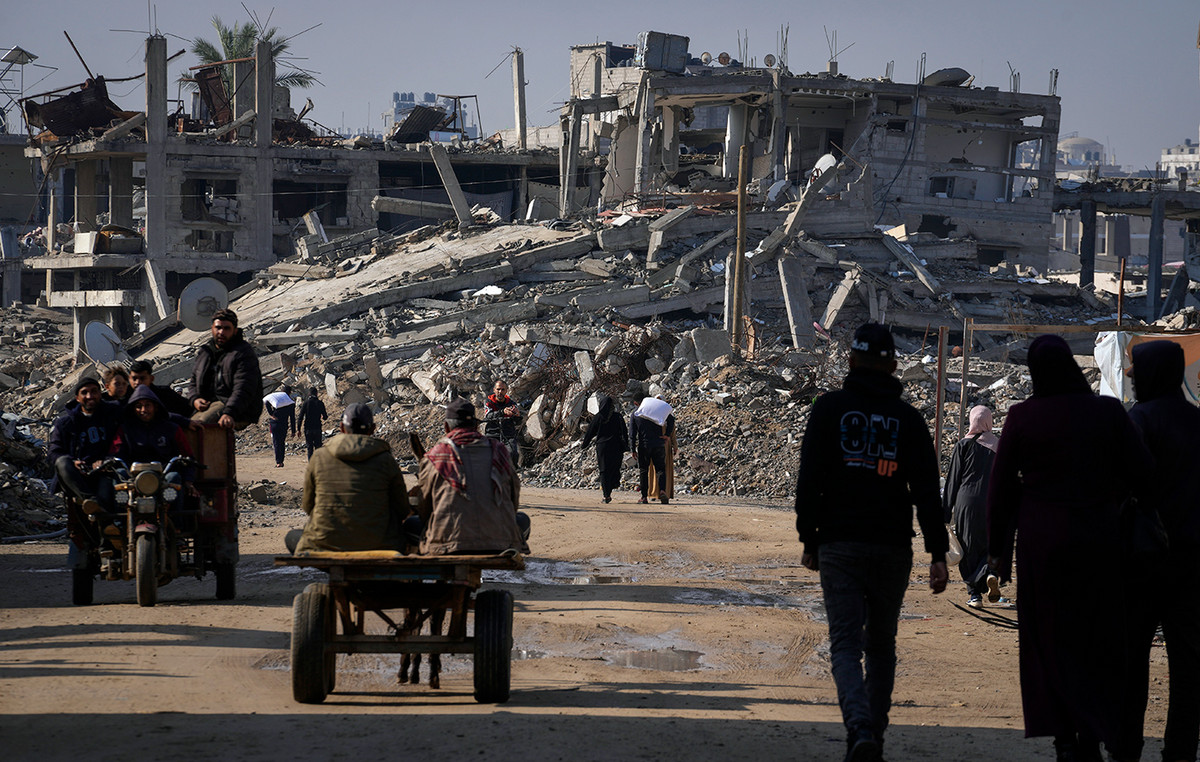After the approval of the basic text of the project that facilitates the approval of pesticides in the country, the president of the president of the Parliamentary Front for Agriculture, deputy Sérgio Souza (MDB-PR), told CNN that the intention is to seek productivity, and not reject the scrutiny of bodies such as IBAMA and Anvisa for the safety of pesticides.
“It is not true that we are thinking about the economic part, we want efficiency, agility, but mainly to have a product that you will use less and that will give you a condition of increased productivity”, defended Souza this Thursday (10) .
“If Anvisa says that that product has risks, it cannot be released; if the environmental agency says that the product has risks to the environment, it will not be released; the agronomic part, who talks about it, is the Ministry of Agriculture. The Ministry of Agriculture makes the registration”, argued the deputy.
The text was approved on Wednesday night (9) without being initially foreseen in the agenda. Deputies opposing the project named it the “PL of Poison”, criticizing the way in which the release of a new compound will be concentrated in the Ministry of Agriculture.
According to the text, the departments of Agriculture, Environment and the Ministry of Health, through the National Health Surveillance Agency (Anvisa), continue to issue opinions on the procedures for registering or changing the pesticide, but only the registering body (Agricultura ) may apply penalties and audit companies and research institutes.
Souza defended the maximum period of two years for the manifestation of Organs environmental and health bodies, and said that an eventual time longer than that could be balanced by the analysis of the product in three other OECD member countries.
“It has been 10 years since the approval of a new molecule has been processed. This body has to have a deadline to say yes or no. If in two years one of these bodies does not analyze and if [o produto] is authorized in at least 3 OECD countries, it can be provisionally released in Brazil”, he explained.
The parliamentarian also said that the change from the term “pesticide” to “pesticide” is in line with what is used in international language, since “the agro is not toxic”, he argued.
“Agro is not toxic; it can be organic, from family farming. What is toxic is the defensive, pesticide you use to protect the plant. The whole world calls this product pesticides because we are fighting the plague,” he said.
*With information from the Chamber Agency
Source: CNN Brasil
I am Sophia william, author of World Stock Market. I have a degree in journalism from the University of Missouri and I have worked as a reporter for several news websites. I have a passion for writing and informing people about the latest news and events happening in the world. I strive to be accurate and unbiased in my reporting, and I hope to provide readers with valuable information that they can use to make informed decisions.







